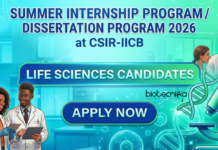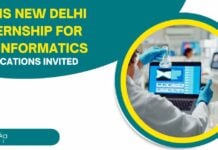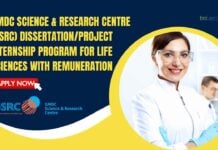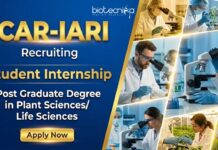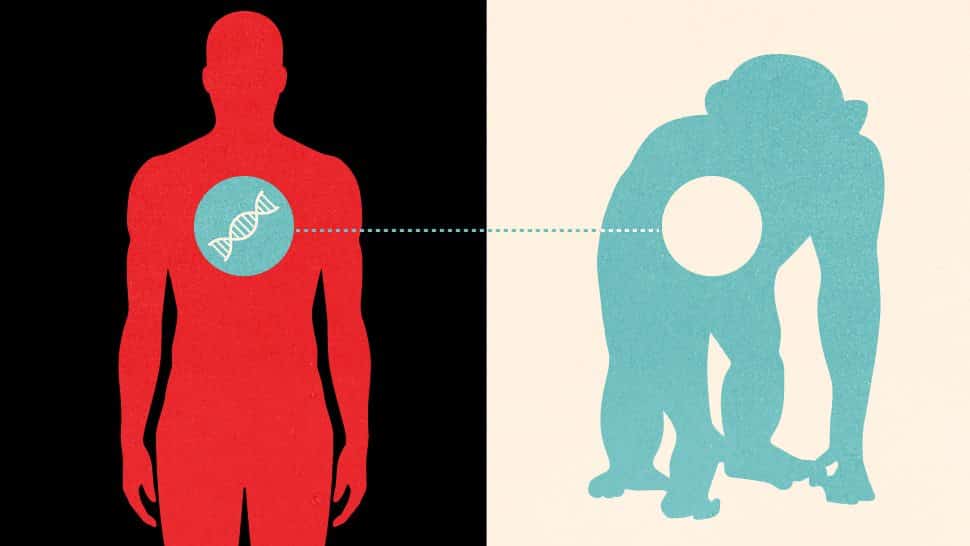University Of Maryland Announces $24M grant from United Therapeutics
When a failing heart, liver, or other vital organ proves resistant to all available forms of treatment, a dying patient’s only shot at survival may be an organ transplant. Unfortunately, there aren’t enough donor organs to save all the patients who need one.
Right now, more than 116,000 Americans are waiting for an organ. In 2016, 82 percent of donated organs came from deceased donors — people for whom all brain activity has ceased, but who had many of their organs still intact (the rest of the donated organs come from living donors who continue to live healthy lives after donating an organ like a kidney or liver). Of those deceased donors, 13.6 percent had died in a motor vehicle accidents making motor vehicle accidents one of the largest contributors to organ donations, according to the U.S. Department of Health & Human Services.
Stephen Bartlett, chair of the Department of Surgery at the University of Maryland School of Medicine, and UM SOM Dean E. Albert Reece, have therefore announced a recent $24 million grant from United Therapeutics Corporation will establish the first and only center for cardiac xenotransplantation research in the US, and one of only two in the world.
Xenotransplantation is the transplantation of organs from one species to another. Researchers are seeking to address transplant organ shortages by genetically modifying organs from animals for use in humans. The Transplant Division of U-Md.’s School of Medicine already has a longstanding xenotransplantation program.
With work spanning from the new center, to its lung manufacturing efforts, CEO of United Therapeutics Martine Rothblatt said on the call that United Therapeutics hopes “to make a significant increase in the number of lives that could be saved from end-stage organ disease.”
“This grant thrusts our Transplant Division into an elite group of centers doing cutting-edge xenotransplantation research. We now can look forward to exponentially expanding our department’s current and new Xeno initiatives, creating an even greater impact in accelerating our trajectory of discovery and innovation in medicine,” said Dr. Bartlett, who is also the Peter G. Angelos Distinguished Professor of Surgery at the School of Medicine, as well as surgeon-in-chief and executive vice president at the University of Maryland Medical System (UMMS).
To oversee this effort, Muhammad Mansoor Mohiuddin, MBBS has been appointed as Professor of Surgery and Director of Xenoheart Transplantation in the Department of Surgery. Dr. Mohiuddin is an internationally renowned transplantation scientist specializing in cardiac xenotransplantation and related immunosuppressive therapies. “In accepting this position, Dr. Mohiuddin is bringing decades of invaluable experience in basic, translational, and clinical research as well as publishing to his new role,” said Dr. Bartlett.
“I am very excited to accept this appointment and to work within the Department of Surgery,” said Dr. Mohiuddin.”What attracted me to the University of Maryland is the dedication that Dr. Bartlett and Dean Reece have shown towards xenotransplantation, as well as their commitment of support toward the field in general and my research efforts in particular. We now have an opportunity to create the world’s leading center for xenotransplantation research here at the University, leading to human trials within the next three years.”
“The Department of Surgery already is known nationally as one of our strongest—especially its cardiac and transplant clinical and research programs,” said Dean Reece, who is also the vice president for Medical Affairs, University of Maryland, and the John Z. and Akiko K. Bowers Distinguished Professor. “The establishment of this unique research center as well as Dr. Mohiuddin’s appointment underscores the critical importance that outstanding basic, translational, and clinical research continues to play in this department and in the world-class accomplishments of our research community overall.“






